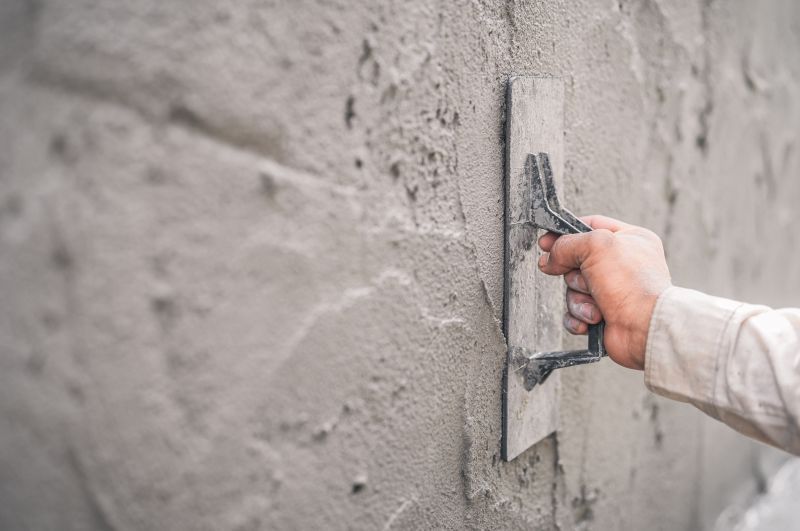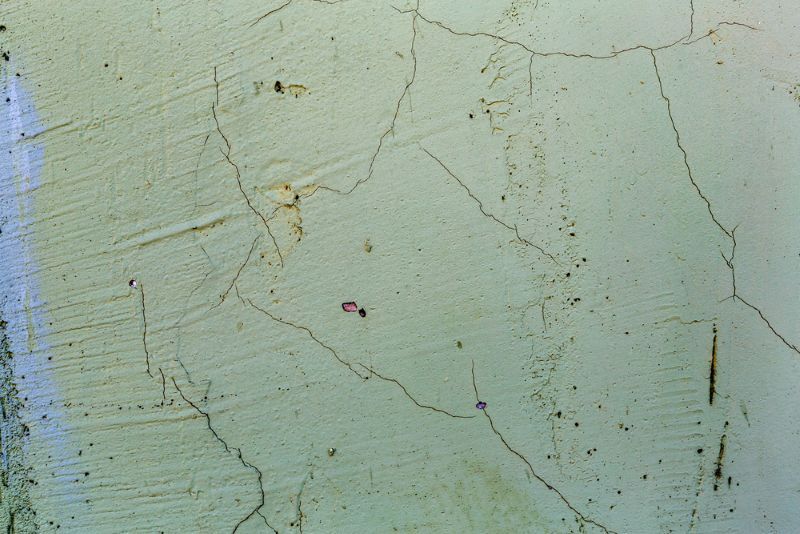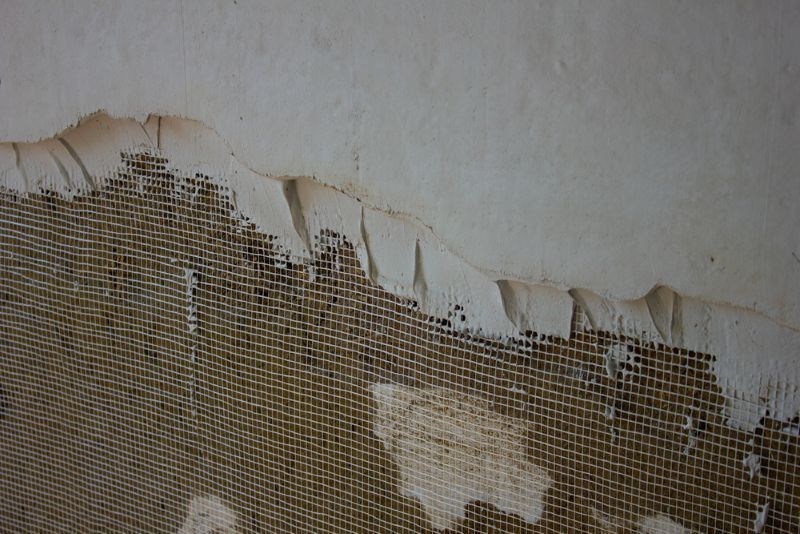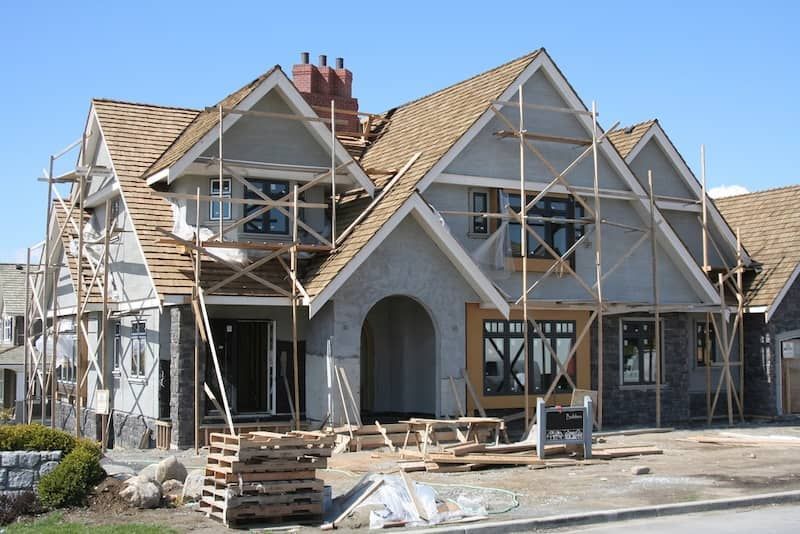How to Safely Handle Stucco Removal in Older Homes
Taking stucco off an older home isn't just about giving it a facelift. Sometimes, it's necessary to fix hidden damage, stop water from getting in, or get ready for new siding. But removing stucco isn't something to rush into. It takes the right tools, some planning, and a few safety steps to do it right.
If your home was built before the 1980s, there could be surprises behind the walls, like mold, rotting wood, or old materials that need attention. This guide will walk you through how to handle stucco removal in a way that’s safe, smart, and worth your time, whether you're fixing up a small spot or removing all the stucco around your home.
Why Stucco Removal in Older Homes Requires Special Care
Older homes often have outdated installation methods or degraded materials hidden beneath the stucco surface. Removing stucco without understanding the underlying structure can lead to costly mistakes.
Key Reasons to Be Cautious:
- Underlying material such as wood or brick may already be compromised.
- Health risks like mold exposure or lead-based paint in older stucco layers.
- Water damage and hidden rot behind the walls.
- Asbestos risk if the stucco was applied in homes built before 1980.
Taking proper precautions—such as using plastic sheeting to protect areas, wearing masks, and hiring professionals—can help minimize damage and reduce health risks.
What You Need Before Starting
Before beginning the stucco removal process, you need to gather the necessary tools and prep the area to prevent damage to the surrounding property.
Necessary Tools:
- Hammer or chipping hammer
- Cold chisel
- Wire brush
- Pry bar
- Plastic sheeting
- Safety goggles, gloves, and dust mask
Preparation Checklist:
- Cover windows and landscaping with plastic sheeting
- Block vents and intakes to keep out dust
- Set up proper scaffolding or ladders
- Clear out any nearby furniture or debris
Doing this prep correctly ensures a safer, cleaner job and makes the cleanup process easier.
Step-by-Step Stucco Removal Process

Removing stucco isn’t one-size-fits-all. The time, effort, and cost depend on several factors, including square footage, the condition of the walls, and what materials are underneath.
1. Start with a Visual Inspection
Check for cracks, soft spots, or stains. These could signal damaged stucco or water infiltration that needs extra care.
2. Break Away Loosened Pieces First
Use a hammer and cold chisel to remove sections where the stucco is already failing. This helps avoid unnecessary strain on the underlying structure.
3. Chisel Around Edges and Openings
Carefully chisel near windows, doors, and trim. This reduces the risk of damaging those components.
4. Use a Wire Brush to Clean the Surface
After most of the material is removed, a wire brush can help clear debris and prep the surface for inspection or future siding installation.
5. Inspect and Repair the Underlying Material
Check for rot, mold, or other damage beneath the stucco. Any structural damage should be repaired before new siding is installed.
This removal process can be time consuming, especially if your home has several layers of old stucco or previous patchwork.
Should You Hire a Professional for Stucco Removal?
While DIY stucco removal might seem cost effective, hiring professionals can save you money in the long run by avoiding mistakes.
When to Consider Professional Services:
- Your home is more than 40 years old
- You notice mold, wood rot, or water damage
- You suspect asbestos or lead-based paint
- You want to protect the surrounding property
An experienced team will have the right tools and training to handle the project properly and minimize damage to your home’s exterior.
What Comes After Removing Stucco?
Once all the stucco is removed, it’s time to assess your options. You can install fiber cement siding, vinyl siding, or even apply new stucco—if done right.
Post-Removal Tips:
- Repair any underlying issues
- Replace or reinforce plywood or wood surfaces
- Clean up dust and debris completely
- Choose materials suited for your home’s age and structure
If you're replacing stucco with a different material, make sure to follow local building codes and hire a licensed contractor.
Cost Factors and Time Estimates
The total cost of stucco removal varies depending on the scope of work, access to the surface, and your location.
Key Cost Considerations:
- Square footage of stucco siding
- Whether you need full or partial removal
- Condition of underlying structure
- Type of new siding to be installed
- Cleanup and disposal fees
Expect to pay more if you’re dealing with damaged stucco or if additional repairs are needed. The project may take anywhere from a day to several weeks based on the home size and extent of damage.
Start Your Stucco Removal Project the Right Way
Stucco removal in older homes isn’t just about updating your home's exterior. It’s about protecting your property, addressing hidden issues, and setting the foundation for future improvements. With the right approach, tools, and help, you can prevent damage and improve the safety and value of your home.
For expert stucco removal and repair, contact Orlando Stucco Repair Pros. Our experienced team is trained to handle removal of stucco in older homes safely and efficiently.
Frequently Asked Questions
How do I know if my stucco needs to be removed?
Look for signs like deep cracks, bulging areas, soft spots, or consistent water damage. These may point to underlying issues that simple repair won’t fix.
Can I remove stucco myself?
Yes, but stucco removal can be time consuming and requires proper tools and safety gear. Hiring professionals helps prevent damage to the structure and reduces health risks.
What are the health risks of stucco removal in older homes?
Older stucco may contain asbestos or lead-based paint. Improper removal can release harmful dust. Always use masks, plastic sheeting, and follow EPA guidelines.
What siding can I install after stucco removal?
Popular choices include fiber cement, vinyl, or even new stucco. The right option depends on your home’s structure, climate, and design preferences.
How much does stucco removal typically cost?
Costs vary based on square footage, condition of the walls, and whether you're doing partial or complete removal. Repairs and cleanup also affect the total cost.


